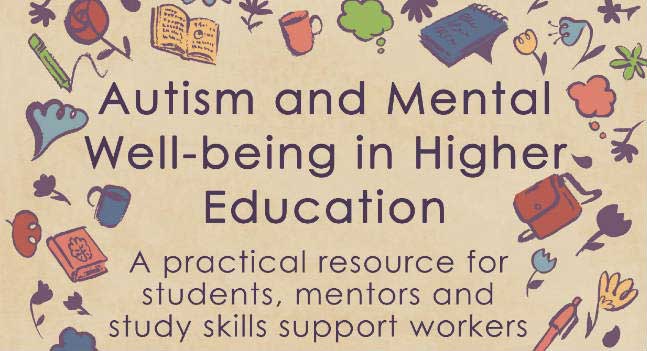With exam season around the corner, we spoke to the author of a new book perfectly capturing how to support autistic people preparing for higher education.
‘Not all autistic students require or want a mentor, but all autistic students should be offered one and have this offer open to access should the need arise,’ says autistic author Dr Susy Ridout. Learning Disability Today caught up with the woman behind Autism and Mental Wellbeing in Higher Education to share a flavour of how best to support students – and how students can support themselves – ahead of a transition that can be daunting for anyone.
Learning Disability Today: What are the main challenges autistic people face when going off to college or university?
Susy Ridout: The transition from a previous learning environment to HE is huge as this type of learning is much more independent. Furthermore, the demands of adapting to new routines, timetables, travel, living and environments can be exhausting and need allocated time at the end (or during) each day to process experiences.
“Proactive support enable autistic students, and many others, to compete equitably with other candidates for places on HE courses.”
Many learning environments (not solely those relating to HE) are highly unsuitable for autistic people and are designed to accommodate the needs of non-autistic individuals. Therefore, non-autism friendly environments, for example those comprising poor lighting, badly laid out lecture rooms or pungent cleaning fluids may result in sensory or social overload.
Share This Post:










Leave a Reply